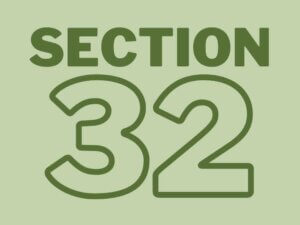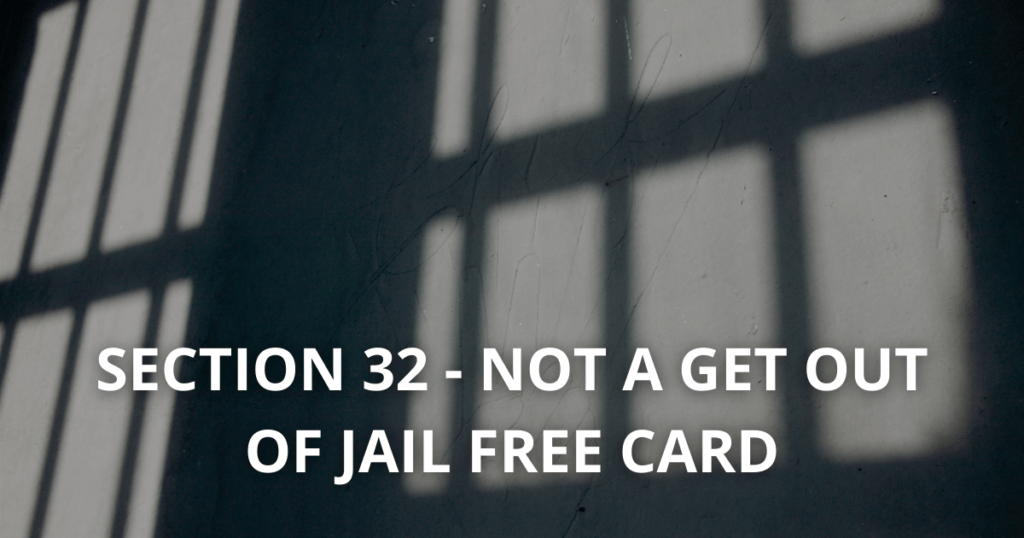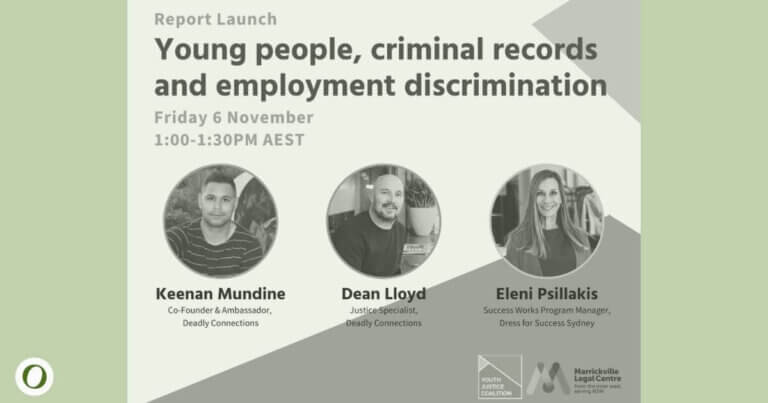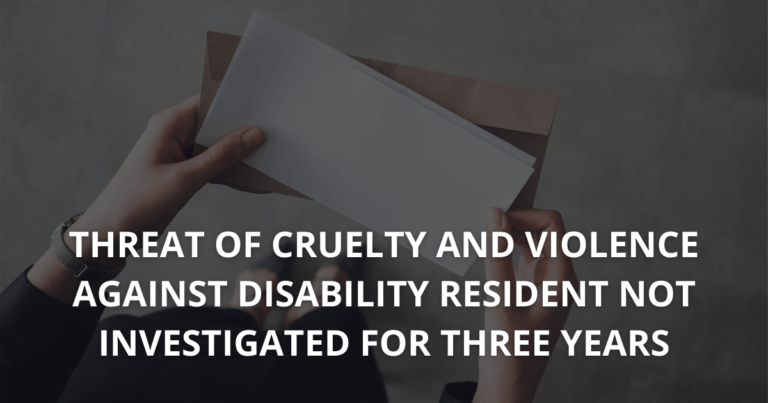Under the Mental Health (Forensic Provisions) Act 1990, a person can be eligible to have their charges dismissed if it can be proven, through multiple legal tests, that they are mentally ill. The relevant provision falls under section 32 of this Mental Health Act and is colloquially called “a section 32” in the legal world.
While it may seem that section 32 applications can readily apply to anyone who comes from a background of mental illness or a longstanding history of trauma and addiction, this is not entirely the case.
The main case relied on for these applications is DPP v Sami El Mawas [2006] NSWCA 154. In this case, the court set out three steps to satisfy before the court will grant a section 32.
Step One – The Diagnosis

The first step is to prove the court that at the time of the offence, the person was:
- Cognitively impaired, or
- Suffering from a mental illness, or
- Suffering from a mental condition for which treatment is available in a mental health facility but is not a mentally ill person.
The lawyer should have a Psychologist report provided which details the diagnosis, reasons for the diagnosis and a comprehensive treatment plan.
Step Two – The Balancing Act
The second limb is more of a trapeze act for magistrates and judges. The heart of a section 32 application is balancing whether it’s more appropriate to divert people through the mental health provisions or be dealt with at law.
This limb is based on the balancing exercise outlined in Confos v DPP [2004] NSWSC 1159 whereby a magistrate has to consider the purposes of punishment but also the public interest to divert mentally ill people away from the criminal justice system. The common quote relied upon in the case of Confos is that ‘reasonable minds may reach different conclusions in any particular case’ at [17].
The magistrate can consider a range of things, each unique to the client’s own case. It can include such things as:
- The seriousness of the offence – This is highly discretionary and depends upon the facts of the case, what was involved and how the person was at the time of the offence (i.e. suffering from a mental health condition).
- Need for deterrence – The need to send a message to the broader community that such offences and behaviour that leads to such offences is not condoned. However, also considering that mentally ill people or people who suffer from mental health conditions are also not the appropriate group to punish for the sake of sending a message to broader society.
- The likely sentence at law – What the person would get at law if they have a good record and no similar offending in the past including their state of mind at the time.
Step Three – Treatment Plans
 If the above two limbs are satisfied in the eyes of the court, then the magistrate can dismiss the charges and discharge the person into the care of whomever the responsible person in their case is, for example, a general practitioner or a specialised institution. This will include several conditions that the person must adhere to over the course of six months.
If the above two limbs are satisfied in the eyes of the court, then the magistrate can dismiss the charges and discharge the person into the care of whomever the responsible person in their case is, for example, a general practitioner or a specialised institution. This will include several conditions that the person must adhere to over the course of six months.
If they don’t adhere to these conditions, they can be at risk of returning to court and being sentenced for the same offence at law.
It’s important for the person to speak openly and honestly with their criminal defence lawyers if wanting to pursue a section 32 application.
To speak to a criminal solicitor about potentially making a section 32 application, call us on 02 9261 4281 for your free consultation.






